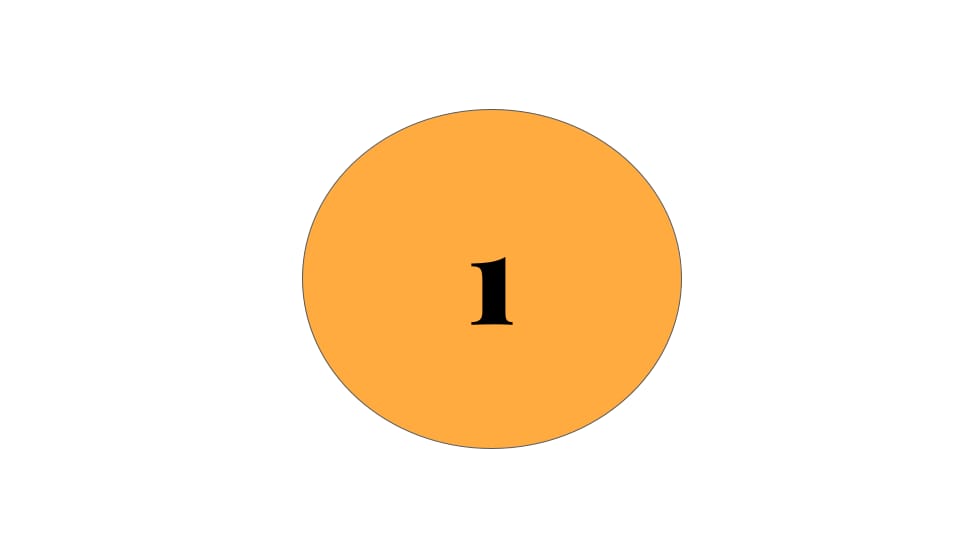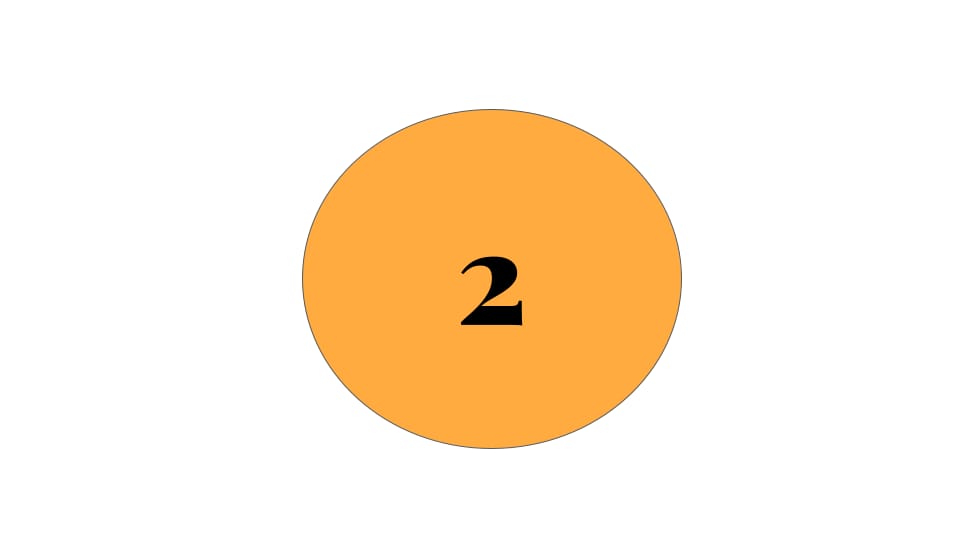- Smoke Signals: Navigating the Evolving Landscape of Nicotine and Tobacco Regulations
- Posts
- September 30, 2024 - Analysis of a recent marketing denial order for an ENDS product
September 30, 2024 - Analysis of a recent marketing denial order for an ENDS product
Issue #19 - Deep Dive: How Verve's PMTA Authorization Can Inform New Oral Nicotine PMTA Applications

Center for Tobacco Product submission pathways podcasts
Shenzhen IVPS Technology Co (SMOK) marketing denial order analysis
Trend analysis for September 2024 in the nicotine and tobacco industry space.
Deep Dive - How Verve's PMTA Authorization Can Inform New Oral Nicotine PMTA Applications


Center for Tobacco Products Topics - New Podcasts
I generated these podcasts leveraging various Final Rule documents as well as newly-released CTP toxicology memos that discuss evaluating excess lifetime cancer risk (ELCR) in tobacco product applications. This is fascinating technology and has enormous implications for generative AI tools to enable comprehensive analysis and presentation of information around any topic.
Key Takeaway: GenAI is now able to translate technical documents into conversational podcasts. These podcasts provide an overview of important topics in the nicotine and tobacco regulatory space.


SMOK Marketing Denial Order Analysis
In January 2024 FDA CTP issued marketing denial orders for several Shenzhen IVPS Technology Co PMTAs filed under the SMOK e-cigarette brand. These applications were in review at FDA CTP for 3.5 years and were considered “covered applications” which were subject to specific review timelines at FDA CTP.
Based on a review of the FDA's denial letter and technical project lead memo, the SMOK products did not receive a marketing granted order for the following reasons:
Inconsistent and highly variable HPHC (Harmful and Potentially Harmful Constituent) data:
The aerosol yield data for HPHCs like nickel, chromium, acetaldehyde, acrolein, formaldehyde and nicotine showed extremely high variability (0-252% relative standard deviation).
This variability made the data unreliable for estimating actual HPHC yields and consumer exposure.
Without reliable HPHC estimates, FDA could not properly evaluate the health risks of the products.
Inadequate stability data:
The stability studies showed high variability and inconsistent trends in HPHC yields over time.
The small sample sizes and variability made the data unreliable for determining product stability.
FDA could not determine how HPHC levels might change over the product's shelf life.
Insufficient abuse liability information:
The clinical studies did not adequately compare abuse liability outcomes (e.g. nicotine exposure) between the SMOK products and combustible cigarettes under ad libitum (free) use conditions.
There were concerns that nicotine exposure and abuse liability could exceed that of cigarettes when used with high nicotine content e-liquids.
The applicant did not provide sufficient evidence to address these concerns.
Key Takeaway: The FDA identified significant deficiencies in three main areas - highly variable and unreliable HPHC yield data, inadequate product stability data and insufficient information on abuse liability compared to cigarettes. Due to these deficiencies, the FDA concluded there was insufficient evidence to determine that marketing of the products would be APPH. As a result, the applications were denied and marketing denial orders were issued for the SMOK products.